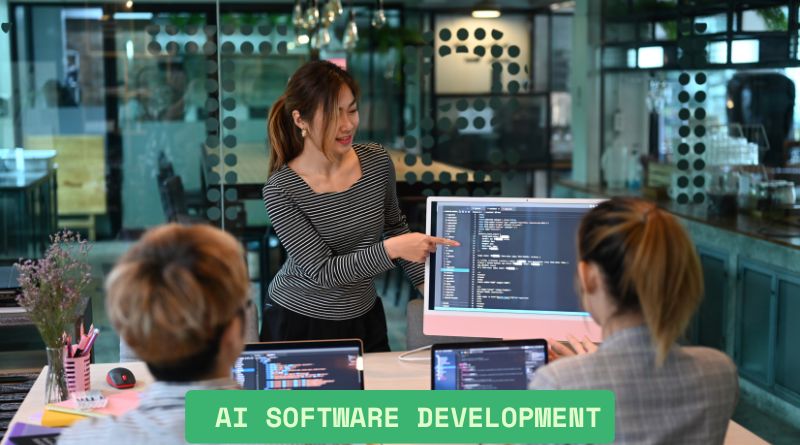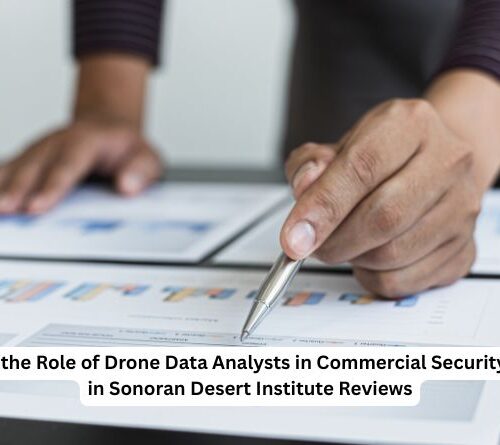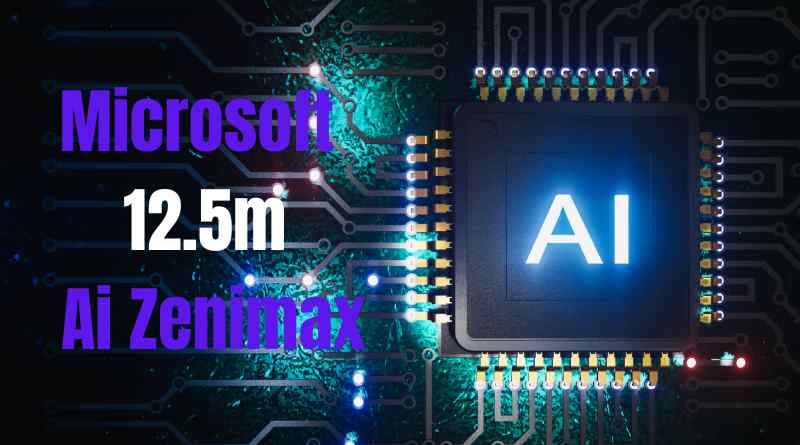Artificial intelligence is no longer just a buzzword — it’s the backbone of modern software development. In 2025, we’re witnessing a seismic shift in how software is created, deployed, and scaled, thanks to advancements in AI technologies. From self-learning algorithms to intelligent agents, the landscape is evolving faster than ever. Whether you’re a business leader, developer, or tech enthusiast, staying on top of these innovations is essential.
So, what are the key technologies powering this revolution? Let’s dive into the five major forces shaping AI software development in 2025.
How Are Foundation Models Reshaping AI Software Development?
Foundation models, such as GPT-4.5, Gemini, and Claude, are drastically changing the software development process in 2025. These large-scale models are trained on vast datasets and can perform a variety of tasks without requiring task-specific training. They can code, debug, translate languages, write content, and even create complex workflows — all with minimal input.
AI Development Companies now rely heavily on these models to accelerate app development, enhance user experiences, and reduce human error. By integrating foundation models into software pipelines, developers can:
- Auto-generate functional code from simple prompts.
- Create smarter chatbots with better contextual understanding.
- Design data pipelines that self-optimize over time.
These capabilities make foundation models a vital component of AI-powered platforms and applications.
What Role Does Generative AI Play in 2025’s Innovation Surge?
Generative AI is not limited to text anymore. In 2025, we’re seeing rapid adoption of multimodal generative systems that create images, video, music, and even 3D assets. This is a game-changer for industries like entertainment, gaming, and marketing.
But even more compelling is how software development company is using generative AI for:
- UI/UX prototyping: Tools like Uizard and Galileo AI allow designers to convert wireframes or voice prompts into full design templates.
- Data generation: Generative models synthesize training data for ML algorithms, particularly useful in healthcare, autonomous vehicles, and security.
- Simulation environments: Developers can build complex test environments using AI-generated data, accelerating the QA process.
Generative AI is making development cycles shorter and products more intelligent and adaptable.
Why Is Agent-Based AI Becoming a Standard in Development?
One of the most exciting trends in 2025 is the rise of AI agents — autonomous systems that can perform tasks and make decisions without constant human input. Tools like Auto-GPT and Agentic Frameworks have matured significantly, allowing developers to assign goals rather than tasks.
For example, a marketing automation agent can:
- Analyze a brand’s campaign performance.
- Recommend changes.
- Execute those changes autonomously.
AI Development Companies are building intelligent agents into applications for operations, finance, HR, customer service, and more. These agents work collaboratively, breaking large problems into smaller tasks, coordinating with APIs, and learning from outcomes. They’re not just tools anymore; they’re coworkers.
How Are Neural-Symbolic Systems Creating Smarter Applications?
Neural-symbolic systems combine the reasoning ability of symbolic AI with the pattern recognition power of neural networks. This hybrid approach is gaining popularity in 2025 because it offers greater transparency and interpretability — two challenges that have long plagued AI systems.
Applications of neural-symbolic AI include:
- Financial forecastingwith rule-based compliance tracking.
- Healthcare diagnosticsthat combine structured medical rules with learned insights.
- Legal techsolutions that interpret contracts using both logical reasoning and NLP.
These models help bridge the gap between pure machine learning and human-understandable logic, allowing Software Development Companies to build more reliable, explainable systems — critical in regulated industries.
How Is AI Shaping the Future of Cloud-Native and Edge Development?
The convergence of AI with cloud-native and edge computing is defining the future of software infrastructure. In 2025, it’s not just about where the software runs but how intelligent that software becomes in dynamic environments.
Here’s what’s new:
- Edge-AI devicescan process data locally in real time (think drones, cameras, and smart appliances).
- Serverless AI functionsenable businesses to deploy models that automatically scale with demand.
- AI observability toolsproactively detect and resolve software bugs or performance issues.
Leading Software Development Companies are integrating AI models directly into CI/CD pipelines and infrastructure as code setups. This results in self-healing, adaptive systems that reduce downtime and improve efficiency.
FAQs About AI Software Development in 2025
What should a business look for when choosing an AI development company?
In 2025, it’s crucial to choose an AI development company that has experience with foundation models, edge AI integration, and generative AI. Look for teams that can provide end-to-end services — from strategy to deployment — and that follow ethical and explainable AI practices.
Can small businesses afford to implement AI solutions in 2025?
Yes, thanks to AI-as-a-Service (AIaaS) platforms and open-source models, small businesses can now access cutting-edge AI without massive budgets. Many Software Development Companies offer modular, subscription-based tools tailored for SMEs.
How long does it take to develop an AI-powered application?
Timelines vary based on complexity, but with current AI tools and low-code platforms, many MVPs (Minimum Viable Products) can be developed in 4–8 weeks. Intelligent agents and pre-trained models reduce the time needed for testing and iteration.
What industries are being transformed the most by AI software?
In 2025, healthcare, fintech, logistics, and manufacturing are leading the AI adoption race. However, industries like real estate, agriculture, and education are quickly catching up by leveraging AI for automation and prediction.
Is AI software development secure?
Security remains a concern, but advancements in AI governance, secure model deployment, and adversarial testing tools have improved trust. Responsible AI Development Companies implement strong cybersecurity protocols and compliance frameworks from day one.
Final Thoughts: Are You Ready for the Next Wave of AI Innovation?
AI software development in 2025 is more agile, intelligent, and decentralized than ever before. With breakthroughs in generative AI, foundation models, and autonomous agents, the possibilities are expanding by the day. Whether you’re a startup looking to integrate smart assistants or an enterprise aiming to automate operations, the key is choosing the right development partner.
A trusted Software Development Company with a strong AI portfolio can help you navigate this new landscape and future-proof your digital products. As innovation accelerates, the question isn’t whether you’ll use AI — it’s how soon and how smartly.




